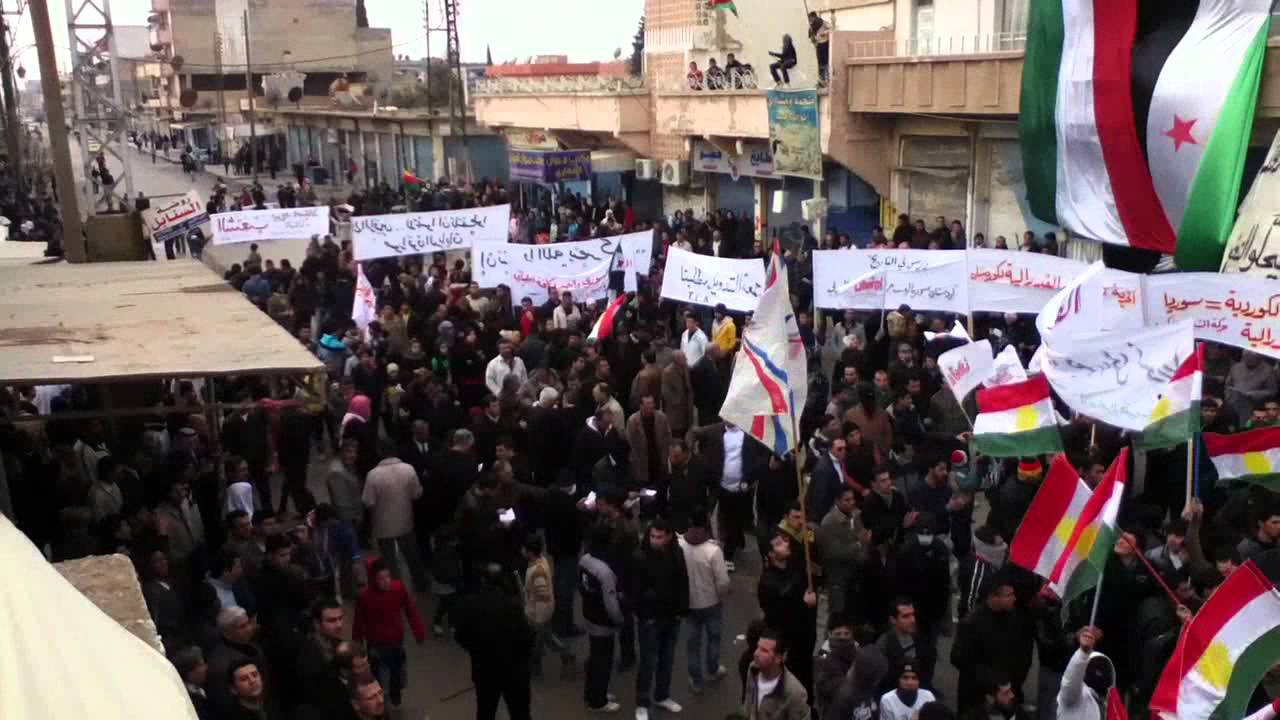Despite the international community’s efforts to shape governance in Syria, moderate opposition groups have failed to gain a foothold in the country’s political sphere. This is largely related to the international community’s strategy in Syria, which has shifted from demanding the departure of Bashar al-Assad to providing humanitarian assistance and countering the Islamic State. As part of this shift, the international community has emphasized the promotion of a “good” rebellion and governance training for rebel groups in Syria.
On 5 October 2017, Dipali Mukhopadhyay, an assistant professor at Columbia University, and Kimberly Howe, a senior researcher at Tufts University’s Feinstein International Center presented their research on this topic at the Fletcher School of Law and Diplomacy. Since 2013, Mukhopadhyay and Howe have traveled to the border of Turkey and Syria to research the relationship between political violence and governance in Syria and to examine the international community’s efforts to encourage the emergence of good governance. Their research led to the conclusion that the international community may be undermining its own efforts in Syria.
The Good Rebel Governor
An important relationship exists between governance and service delivery. To varying degrees, the provision of welfare services is a hallmark of governance in the modern nation-state. Yet Mukhopadhyay and Howe used the examples of two Syrian cities, Raqqa City and Darayya, to demonstrate that service delivery is neither necessary – in the case of Darayya – nor sufficient – in the case of Raqqa city – for the emergence of legitimate subnational governance. It is also important for bodies of governance to be socially embedded among the people they purport to govern.
In Darayya, armed groups were housed under a military office subordinate to the civilian local council. The rebels and the civilian members of the council were locally bred and cooperated to protect and serve citizens. Yet while the council was viewed as highly legitimate and enjoyed solidarity with the people, it was unable to fully meet the needs of Darayya’s citizens due to besiegement and attacks by the regime. In Raqqa City, in comparison, a local administration run by the Islamic State replaced a civilian council after the extremist group took control. The Islamic State’s administration provided significantly more services to the population, yet it was perceived with fear, intimidation, and far less legitimacy than the civilian local council.
The Paradox of Western Aid
A key element of Mukhopadhay’s and Howe’s findings was the disconnect between the logic of rebel governance and the logic of intervention. Western aid to Syria has largely been comprised of humanitarian assistance, trainings in transitional justice and democratic practice, capacity building, and non-lethal support. Yet, ultimately, this strategy has proved unsuccessful. At worst, the war is perpetuated as local populations fighting against the Assad regime are kept alive through humanitarian assistance. At the same time, external assistance strips local councils of their political nature and turns them into service delivery institutions that are accountable to donors rather than local populations. At best, these local governance structures operate to fill the gap in service delivery, but end up undermining the existence of a Syrian state.
Meanwhile, the Syrian people have little faith in the exiled Syrian moderate opposition. Without sufficient solidarity with the people, the opposition’s leadership forfeits the space it claims to govern. The result is a “disembedded statebuilding,” in which donors perpetuate a sort of atomization of rebel governance in Syria. Given the level of vitriol expressed by Syrians inside their country towards the exiled opposition, the international community’s goal of aggregating separate subnational entities into a new Syrian governance structure appears unlikely.
This research raises the crucial question of whether western assistance in Syria is doing more harm than good. Mukhopadhyay and Howe argue that without decisive actions that leverage military power to end the war, the international community’s focus on democracy, transitional justice, and capacity building can have perverse consequences. Governance cannot be built from the outside, because such efforts risk fracturing, rather than bolstering, perceptions of legitimacy and unity.
